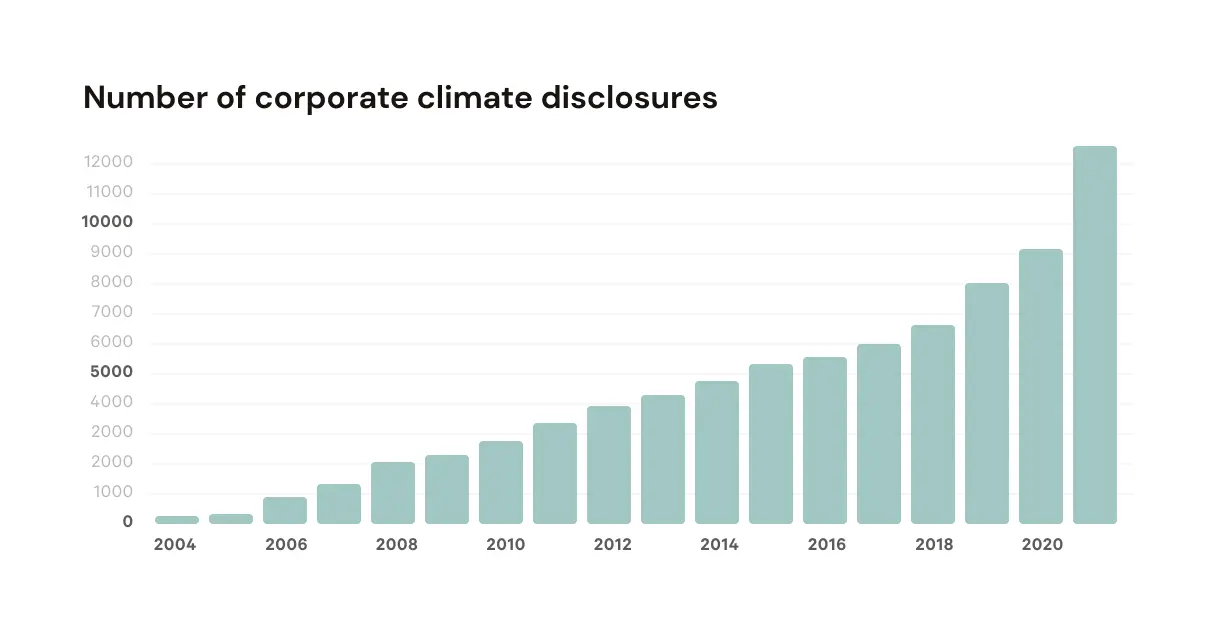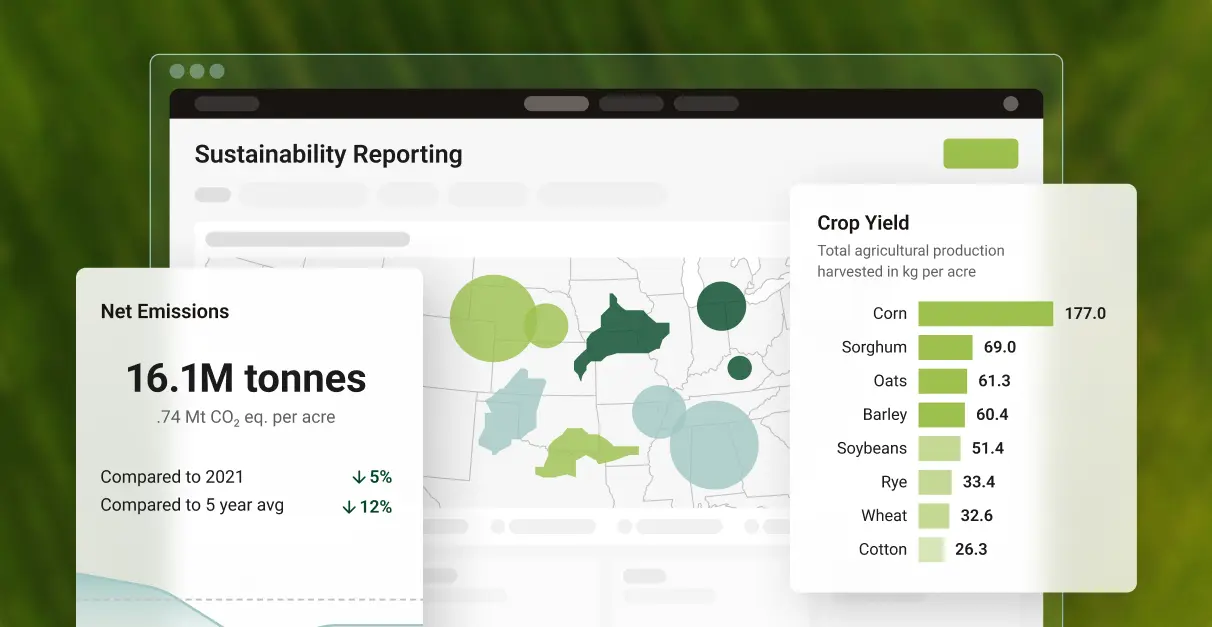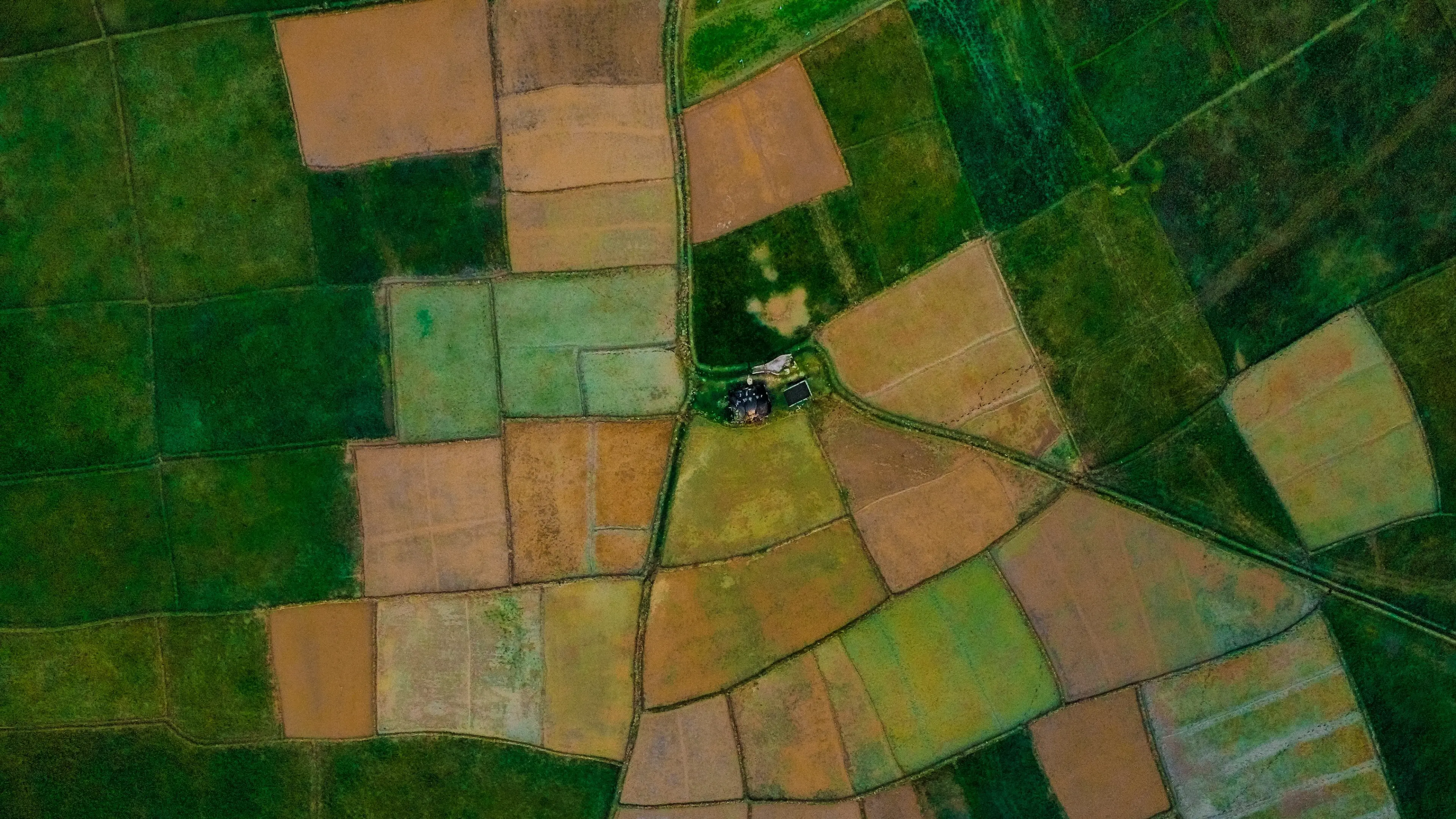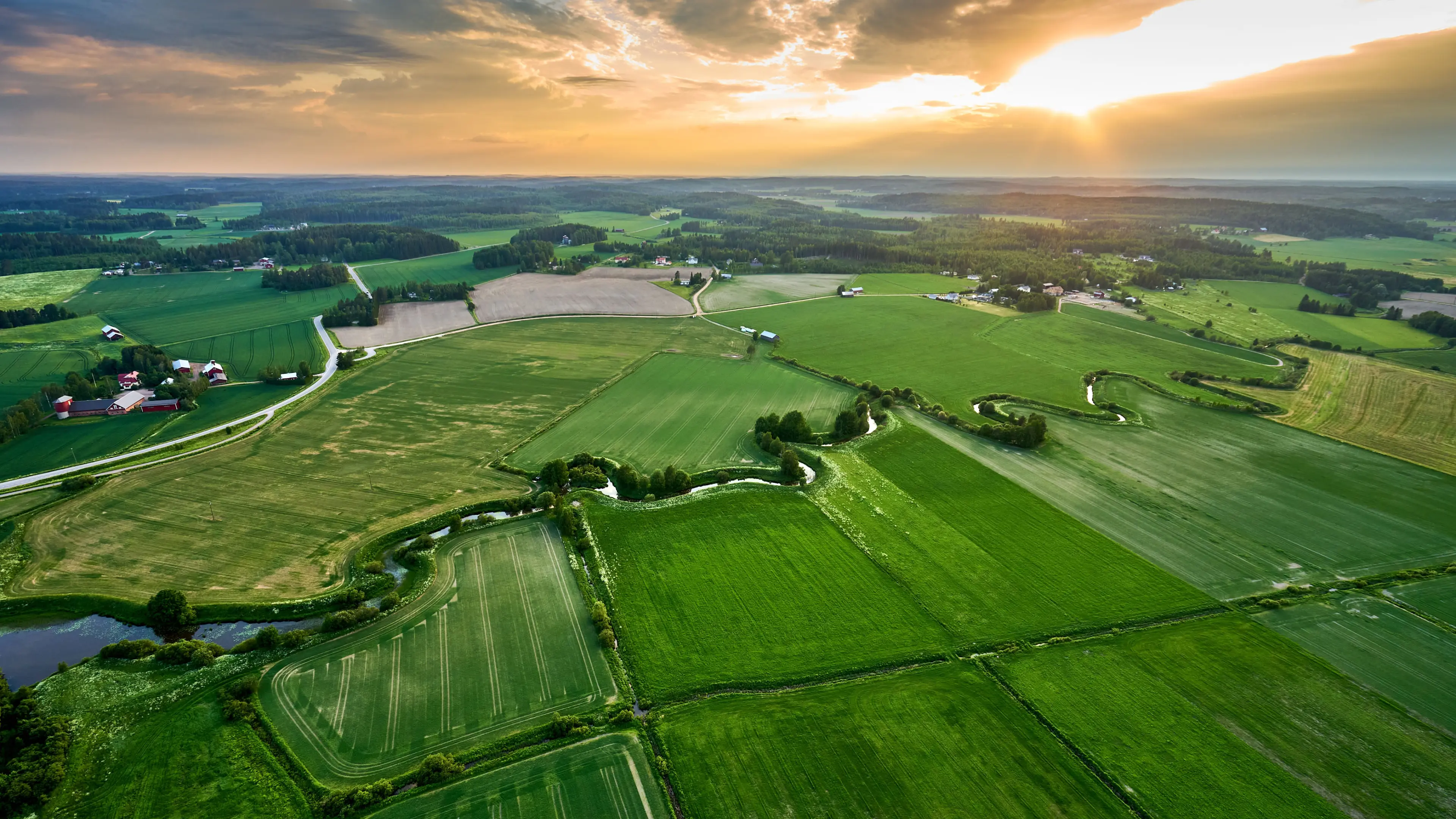The business case for resilient agriculture is strong — and growing stronger.
At Reuters Responsible Business USA Summit, leaders from the world’s largest organizations discussed the urgent topic of balancing business growth and operating within planetary boundaries.
Throughout these discussions, one thread emerged: resilience is a necessity for our food supply chains, and it stands on the shoulders of transparent reporting, materiality assessments that in turn can drive continued investment in resilient programs.
Climate reporting is the new financial reporting.
Financial reports are hugely influential in a company’s success and ongoing stability. These reports carry such weight that they’ve been standardized across jurisdictions and corporation types. Climate reporting is likely to follow suit. One reason being that climate risk is quickly becoming one of the largest financial risks, especially for the companies with major supply chain dependencies.
Leaders attuned to the critical need of climate risk management on their P&L are collaborating to build reporting structures through board-level governance and refining those structures to ensure climate reporting information is transparent, accurate, holistic and aimed at improving the resilience of an agrifood supply chain.
Emerging and future climate reports must be fueled by consistent, transparent data, with information on data sources, data verification and outcome calculation methodologies.
Of course, once the industry aligns on what the mandatory climate reporting will need to contain, efforts will ensue to make this reporting repeatable and efficient. Because this work is not a one-off process. Rather, it’s a new way of doing business.

Materiality assessments build the business case for sustainability.
Many companies have undertaken materiality assessments to provide CDP disclosures. But these assessments do much more than ‘check the box’ for industry disclosures.
Materiality assessments allow companies to understand climate-related risks and opportunities across the value chain, and prioritize investment to build a more resilient system.
Materiality assessments can lead to investments that help a company establish a more stable and resilient supply chain and mitigate key risks associated with climate change (material availability, production cost, etc.). Investing in de-risking opportunities gives companies a business advantage such as preferred supplier status or a greater share of consumer attention — financially tangible return on investment.

Beyond understanding key material and suppliers, industry leaders are expanding their assessments into double materiality, which covers not just the issues that affect the company, but also the effect a company has on society and the environment.
We must invest in systems that build resilience.
Systems and technology help organizations collect data, assess opportunities and build supply chain resilience. With the increasing importance of sustainability to continuity of the business operations, we must build the structures and adopt the technologies that make supply chain resilience a solvable challenge.
Are you looking for a partner to help deliver on your climate reporting and goals?
Ask these questions:
- Will this technology help us execute on our sustainability strategy?
- Will it carry us from the near-term (baselining our environmental impact) to the long-term (helping us make decisions to mitigate that impact)?
- Does the technology make our report more transparent and easier to audit?
- Does the technology help us generate industry-compliant reports?
Through proactive preparedness and engaged response from the business community, supply chain resilience will become a way for businesses to not only differentiate themselves, but to build a ‘new normal’ of doing business within the bounds of our planet.



